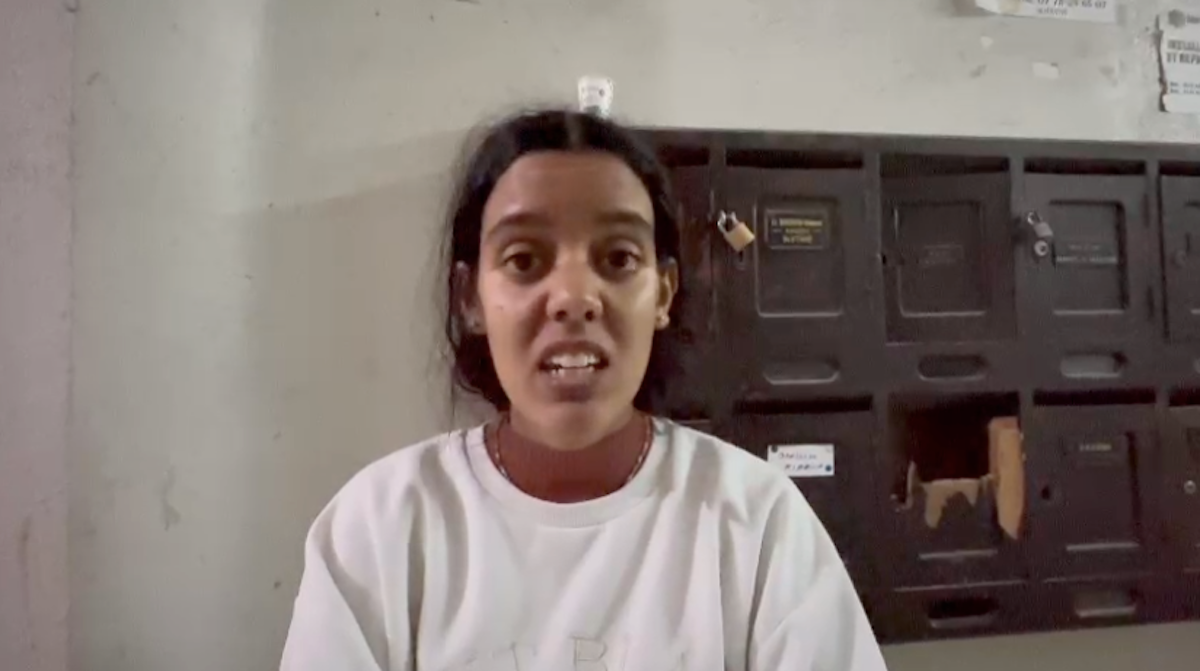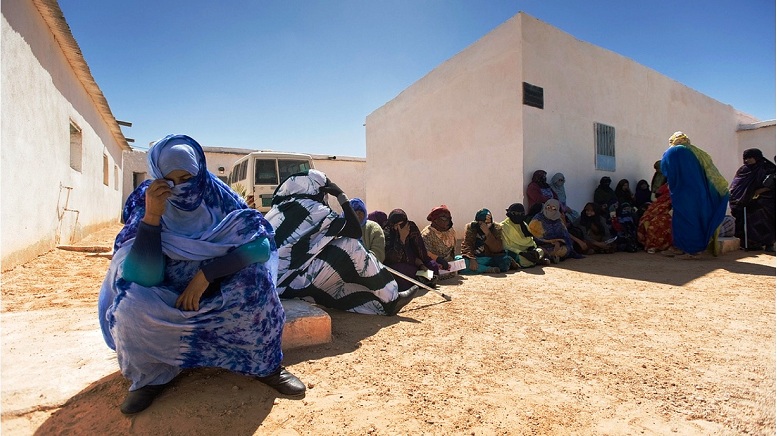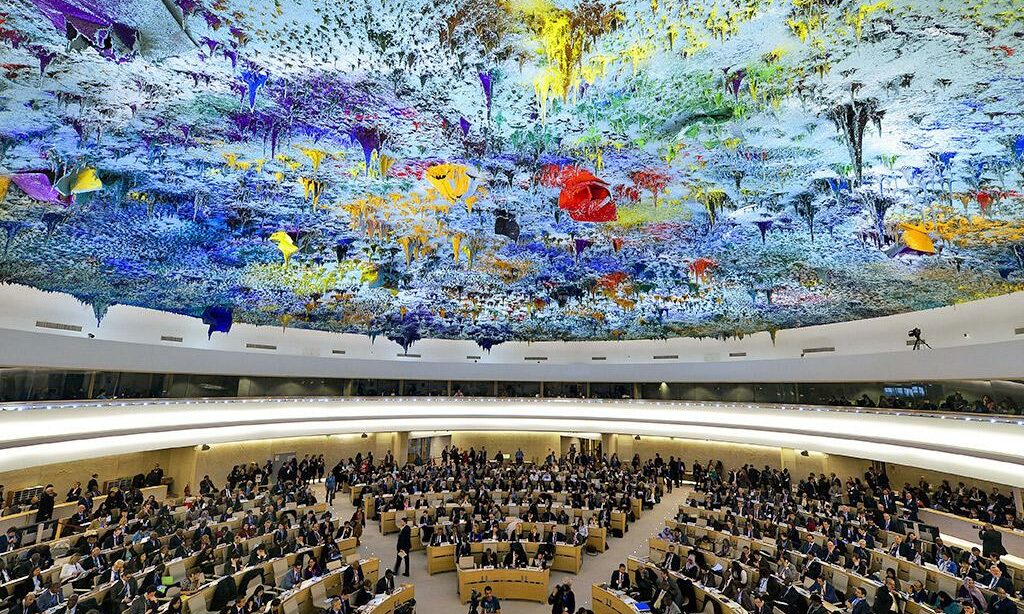The Polisario is again involved in the kidnapping of a young girl, adopted by a Spanish family, as she was prevented from returning to Spain after she visited the Tindouf Camps for what she tought would be sort holidays.
The young Filleh mint Chahid mint Laaroussi was actually prevented by her biological family, living in the Polisario-controlled Tindouf camps, in Algerian territory, from returning to Spain after she participated in the “Holidays in Peace” program. The young girl had been adopted and raised by a Spanish family.
This case is not isolated and is part of a series of incidents where Sahrawi girls adopted by Spanish families were forcibly held by the Polisario after visiting their families in the Tindouf camps. Nadjiba Mohamed Belkacem, Elkouria Badbad Hafed, Maloma Morales de Matos, and Darya Embarek Selma are among the young girls who were prevented from returning to Spain.
Filleh mint Chahid mint Laaroussi’s biological parents deliberately destroyed her travel documents on the orders of the Polisario. She was thus prevented from returning to her adoptive family in Spain and was forced to stay in the Tindouf camps.
Alarmed by her situation, her adoptive family sought the assistance of a Sahrawi named Hammada ould Essaleh, who succeeded to exfiltrate her from the so-called Laayoune camp and took her to the Spanish Consulate in Oran. She has been there since Wednesday, January 3, 2024, hoping to be repatriated to Spain.
When her biological relatives realized that Filleh had disappeared, they attracted the attention of Algerian security authorities who are currently attempting to forcibly return the girl to the Tindouf camps. However, Filleh refuses to go back to the camps, while her relatives are threatening to kill Hammada ould Essaleh’s family members, accusing him of her abduction.
Actually, many disenchanted youths seek to flee from the precarious situation in Tindouf, where an authoritarian movement prevails and where its leaders use this situation as a business for their own benefit, while the inhabitants of the camps suffer appalling living conditions.
In recent months, several reports from various institutions, including the European Parliament, have collected the complaints of the Sahrawis about their living conditions, the lack of freedom of movement, expression, and assembly, as well as the shortage of food, water, medicine, gasoline, among other basic products for a dignified life.
Several dissident movements, opposed to the Polisario; have repeatedly denounced the deteriorating living conditions in the Tindouf, where the situation is increasingly worrying not only because of the extreme conditions but also because of the scarce presence and the deficient role of the United Nations High Commissioner for Refugees (UNHCR) which leaves tens of thousands of people, mainly women and children, without proper protection and assistance.
Another cause for concern for these movements is the lack of freedom and insecurity due to the prevailing restrictions in these camps by the Polisario and the growing activity of drug mafias and organized crime.


